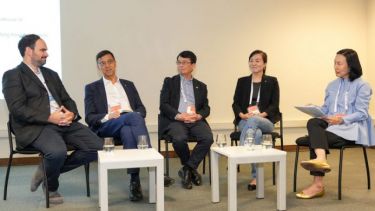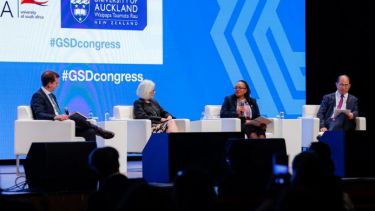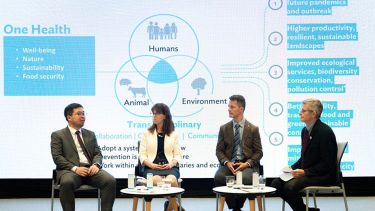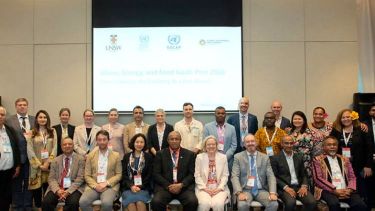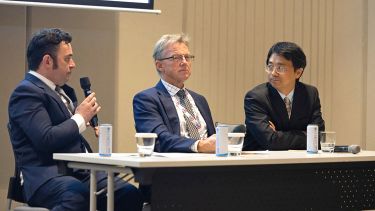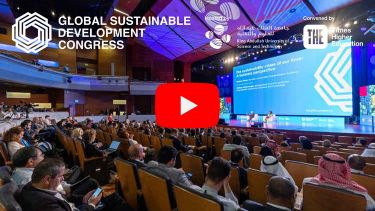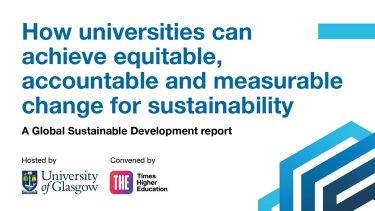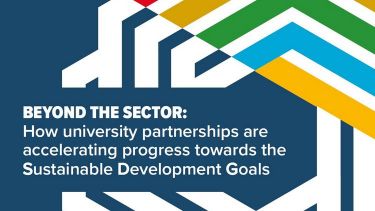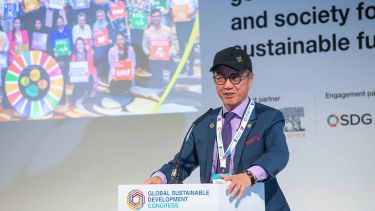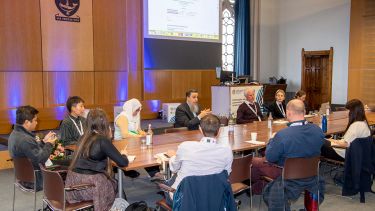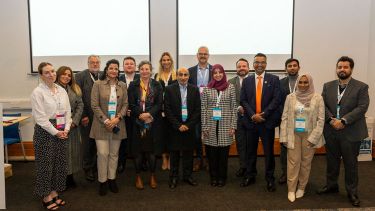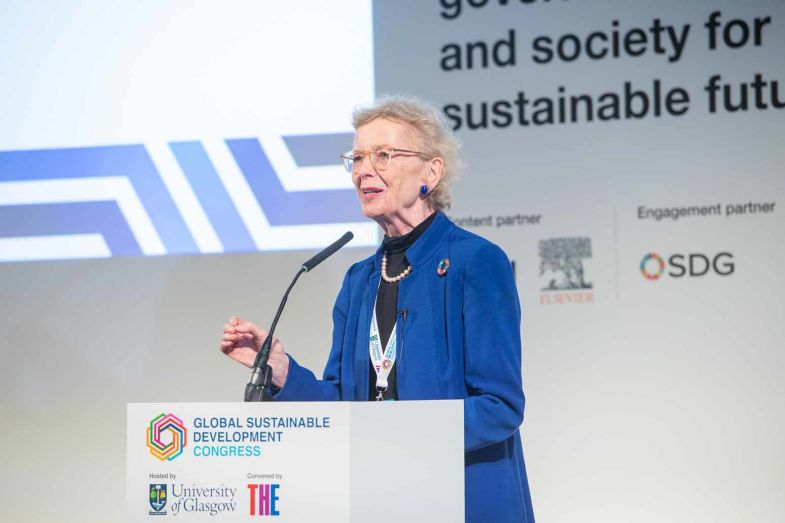
A real knowledge of how we address the injustices of the climate crisis has to be built into curricula, says climate leader Mary Robinson
Universities have to “step up” and become thought leaders in the fight for climate justice, according to Mary Robinson, adjunct professor of climate justice at Trinity College Dublin.
Robinson was delivering the opening keynote address at the Global Sustainable Development Congress 2022, hosted by Times Higher Education in partnership with the University of Glasgow.
“Prioritising climate justice is the best way for universities to be thought leaders on the Sustainable Development Goals, and it is also the way to create a narrative that unites higher education, governments, industry and society for a sustainable future,” she told attendees.
Humanity has seven years to reduce carbon emissions by 45 per cent and “get on track for a safe world”. “We need to have a moonshot mentality in order to create a huge momentum of change before and up to 2030,” she said.
However, the time has come to acknowledge the layers of injustice in the climate crisis, which require a climate justice approach, said Robinson, who was the special envoy of the United Nations secretary general at the time of the Paris Agreement, an international treaty on climate action.
Robinson laid out five layers of injustice: a racial one, as the crisis has disproportionately affected developing countries, “who happen by and large to be the black, brown and indigenous people”; gender injustice, as women often have less power in communities and yet “have to try and make their communities resilient”; intergenerational injustice, as young people will be paying the future price of previous decisions.
Fourth, Robinson noted, it is unjust that developed countries, which have historically been and continue to be the world’s major polluters, are slow to support developing countries in transitioning to green economies while trying to stop the development of carbon-intensive energy generation.
“The fifth injustice is, of course, to nature herself,” she said. “I really appeal to universities that you build into the curriculum a real knowledge of how we address the injustices, which is a developmental way and not a guilt trip.”
She encouraged academics to “come out of your academic reserves”. “Don’t just think you do enough by working in the university or even partnering in the way you’ve been doing,” Robinson said. “You have to step up more. You have to actually become the thought leaders about this urgency. You have to get out and really become part of an active climate justice movement, otherwise we won’t be able to get the shift.”
In partnership with



